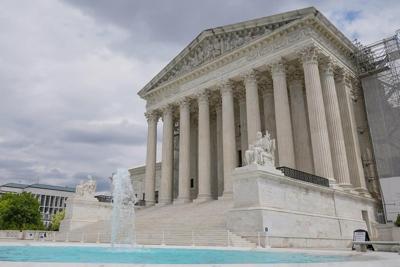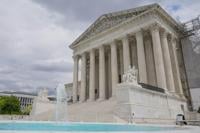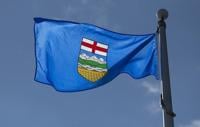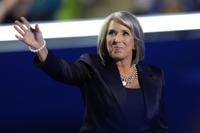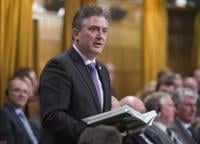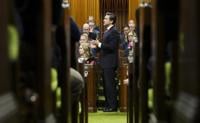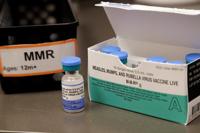WASHINGTON (AP) — The Supreme Court sided with Native American tribes Thursday in a dispute with the federal government over the cost of health care when tribes run programs in their own communities.
The 5-4 decision means the government will cover millions in overhead costs that two tribes faced when they took over running their health care programs under a law meant to give Native Americans more local control.
Covering those costs is “necessary to prevent a funding gap,” Chief Justice John Roberts wrote in the majority opinion, joined by the three liberal justices and fellow conservative Justice Neil Gorsuch. Not reimbursing them forces tribes to “pay a penalty for pursuing self-determination."
The Department of Health and Human Services had argued it isn't responsible for the overhead costs associated with billing insurance companies, Medicare and Medicaid.
Paying those costs for all tribes that run their own health care programs could total between $800 million and $2 billion per year, the agency said.
“The extra federal money that the Court today green-lights does not come free,” Justice Brett Kavanaugh wrote in the dissent, which was joined by other conservative Justices Clarence Thomas, Samuel Alito and Amy Coney Barrett. “In my view, the court should leave those difficult appropriations decisions and tradeoffs to Congress.”
The federal Indian Health Service has provided tribal health care since the 1800s under treaty obligations, but the facilities are often inadequate and understaffed, the San Carlos Apache Tribe in Arizona said in court documents.
Health care spending per person by the IHS is just one-third of federal spending in the rest of the country, the Northern Arapaho Tribe in Wyoming said in court documents. Native American tribal populations have an average life expectancy of about 65 years, nearly 11 years less than the U.S. as a whole.
Attorney Adam Unikowsky, who represented the Northern Arapaho Tribe, said the decision puts tribes on equal footing with IHS on health care and will "promote tribal sovereignty and provide resources for health care in under-served communities.”
The tribes contracted with IHS to run their own programs ranging from emergency services to substance-abuse treatment. The agency paid the tribes the money it would have spent to run those services, but the contract didn't include the overhead costs for billing insurance companies or Medicare and Medicaid, since other agencies handle it when the government is running the program.
The tribes, though, had to do the billing themselves. That cost the San Carlos Apache Tribe nearly $3 million in overhead over three years and the Northern Arapaho Tribe $1.5 million over a two-year period, they said. Two lower courts agreed with the tribes.
The Department of Health and Human Services appealed to the Supreme Court, arguing that that tribes do get some money for overhead costs but the government isn't responsible for costs associated with third-party income.
The majority of federally recognized tribes now contract with IHS to run at least part of their own health care programming.

